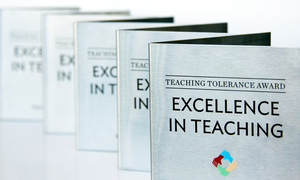author
Lisa Glenn
Lisa Glenn graduated from Birmingham-Southern College with a degree in Psychology. While at college, she participated heavily in BSC's service-learning initiatives through service-learning coursework, local service activities, and month-long service trips. Lisa was awarded a Rotary Ambassadorial Scholarship to study in South Africa, where she taught 7th–9th grade technology and also earned a B.Ed. Honours degree in Human Rights Education at University of the Witwatersrand. After returning from South Africa, Lisa left her home in the South and moved West, where she taught 6th grade in Phoenix
